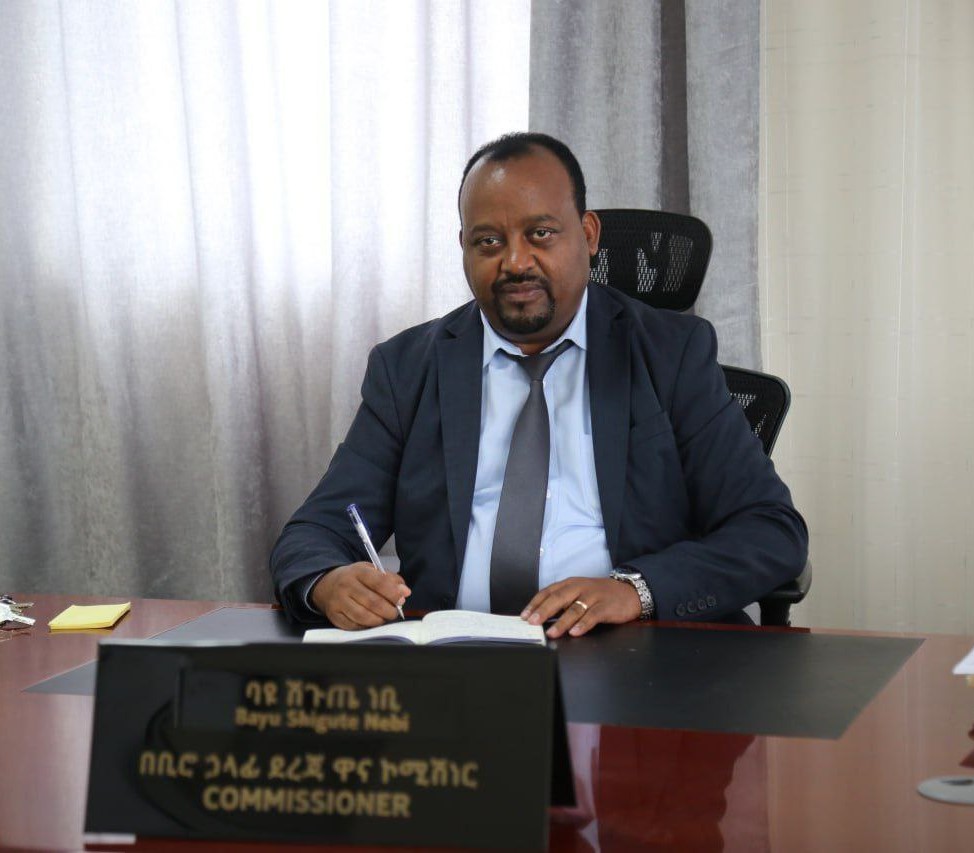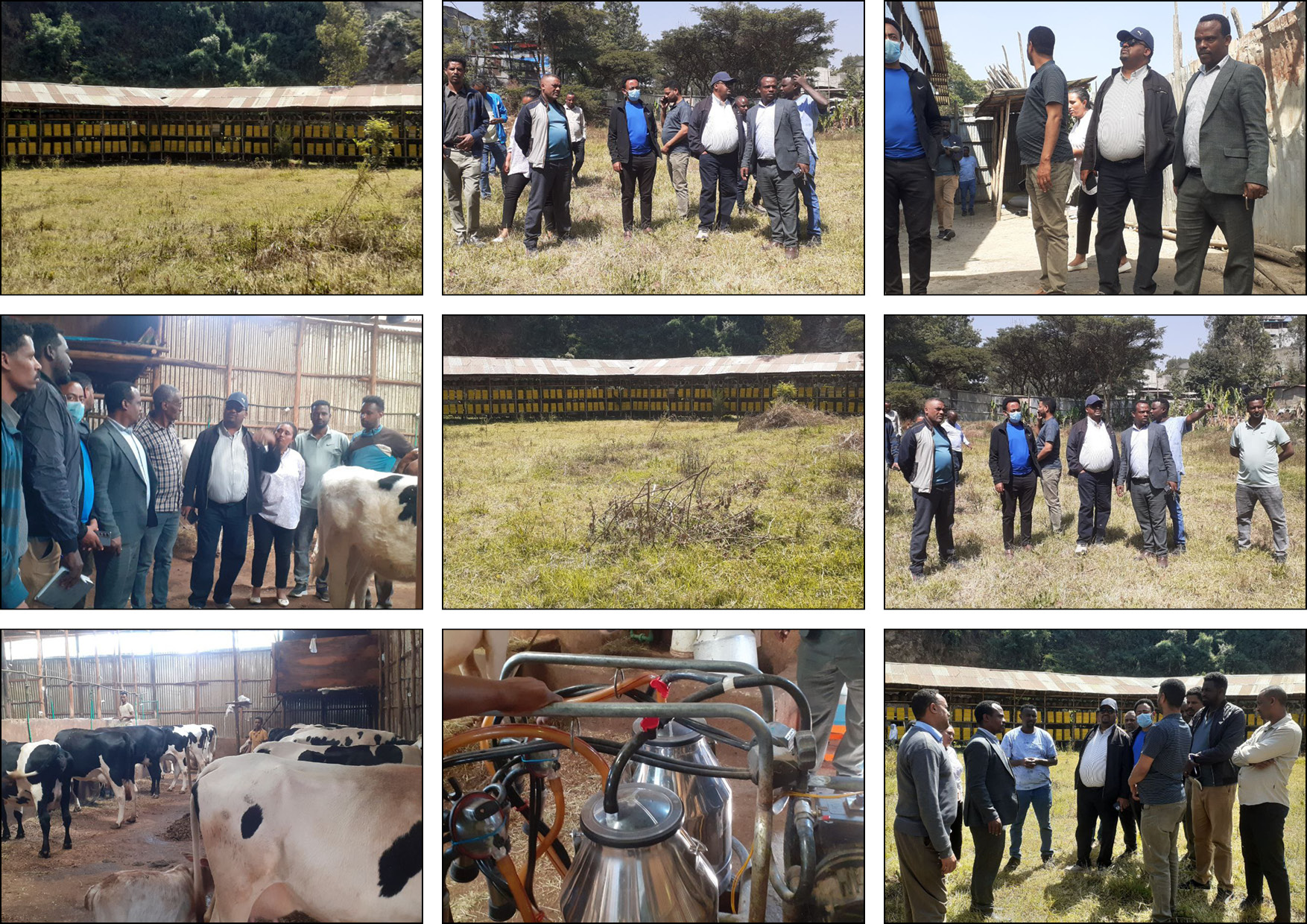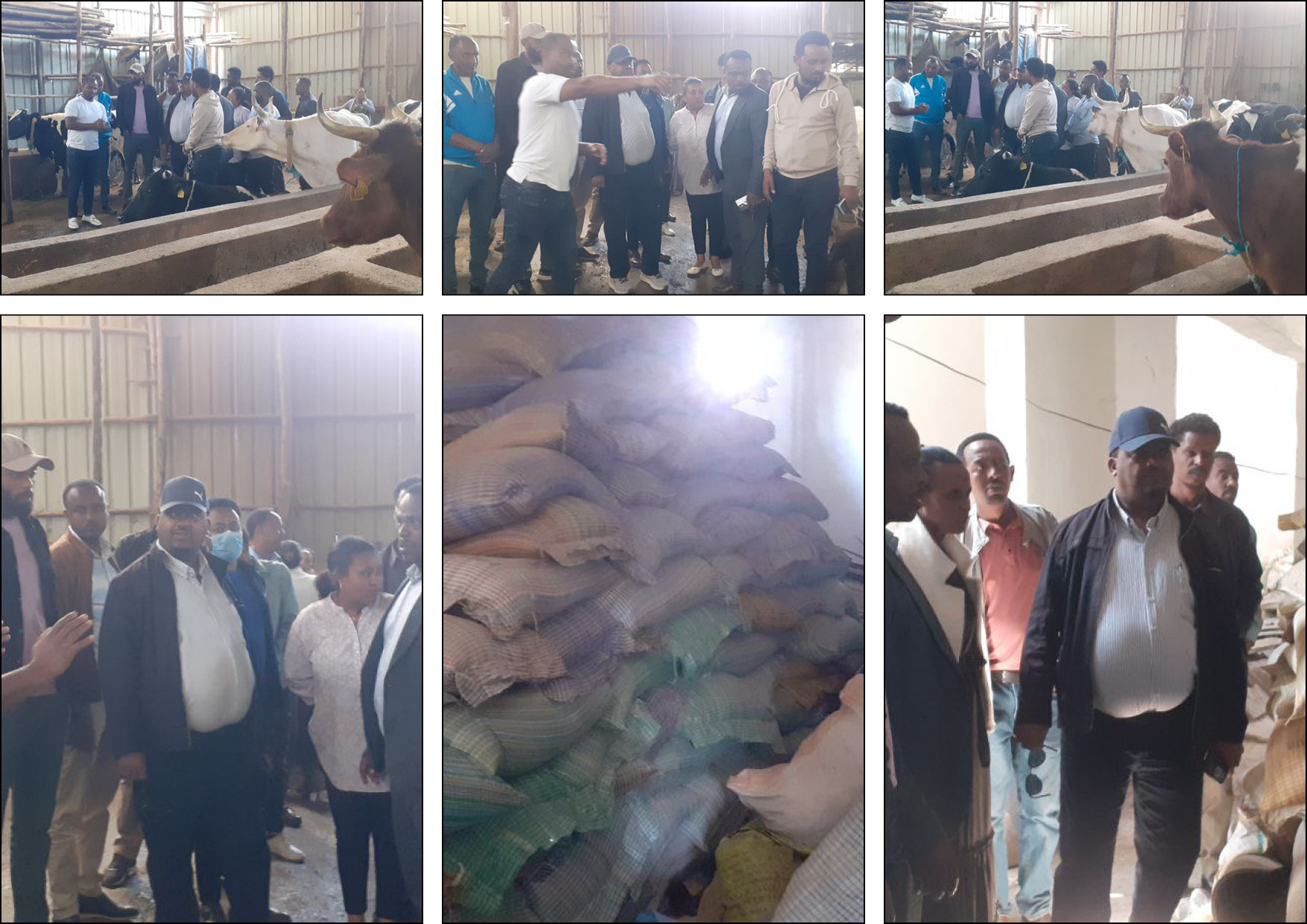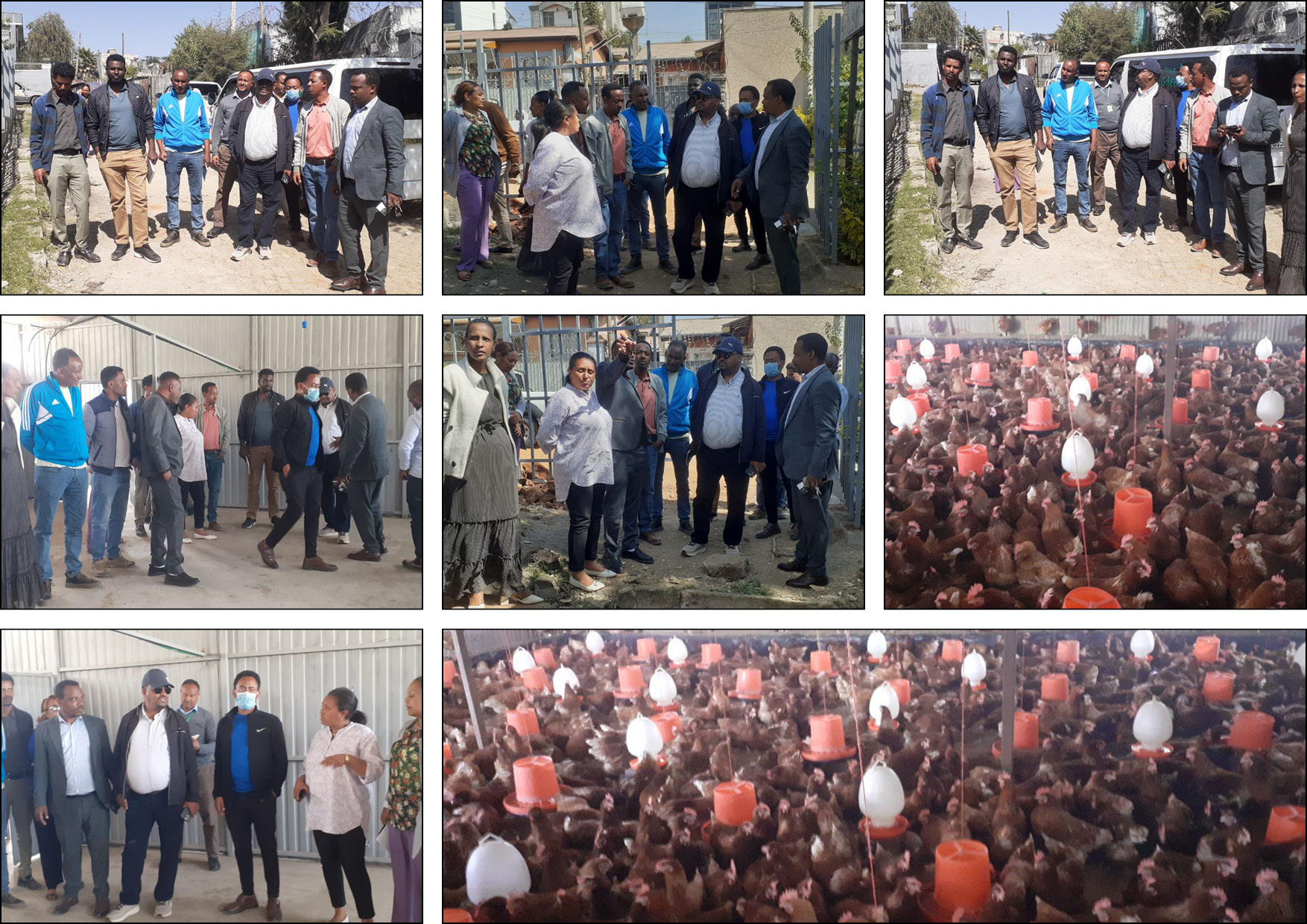Message from the High Commissioner
Our country Ethiopia has achieved remarkable economic, social and development achievements in various fields over the past years. It is working to ensure inclusive and equitable development activities and benefits by designing many people-oriented projects to increase production and productivity and ensure stable economic and social growth, by utilizing and expanding experience and expertise from within and outside the country, by allocating a large budget and by providing appropriate support and monitoring.
Our city Addis Ababa, as the capital of our country, the seat of many international diplomats and the capital of Africa, has made and is making unremitting efforts to play its part by actively participating in the economic, social and development activities taking place as a country. Many people-oriented projects have also been implemented and provided services, creating job opportunities for many; they have also become a source of income; and they have also strengthened social ties.
The Farmers and Urban Agriculture Development Commission is one of the institutions that carry out and implement the mission of the city administration. The main reasons cited for the establishment of the commission include the long-standing demand of farmers for development on their land, the lack of proper settlement of farmers who have been displaced due to development, the expansion and modernization of urban agriculture, animal health protection, quarantine and breed improvement services, improving the supply of agricultural products, and stabilizing the cost of living.
In terms of the purpose for which the commission was established, it has achieved many successes by actively and comprehensively involving the organization from the center to the user by rehabilitating farmers who were displaced due to development, and by continuously developing a system that ensures the inclusive development of the city and allows farmers to develop together, by expanding, strengthening, and modernizing agriculture in and around the city, by increasing production and productivity, by contributing to the process of ensuring food security in the city, and by ensuring that the quality and hygiene of agricultural products and inputs supplied to the city are maintained.





